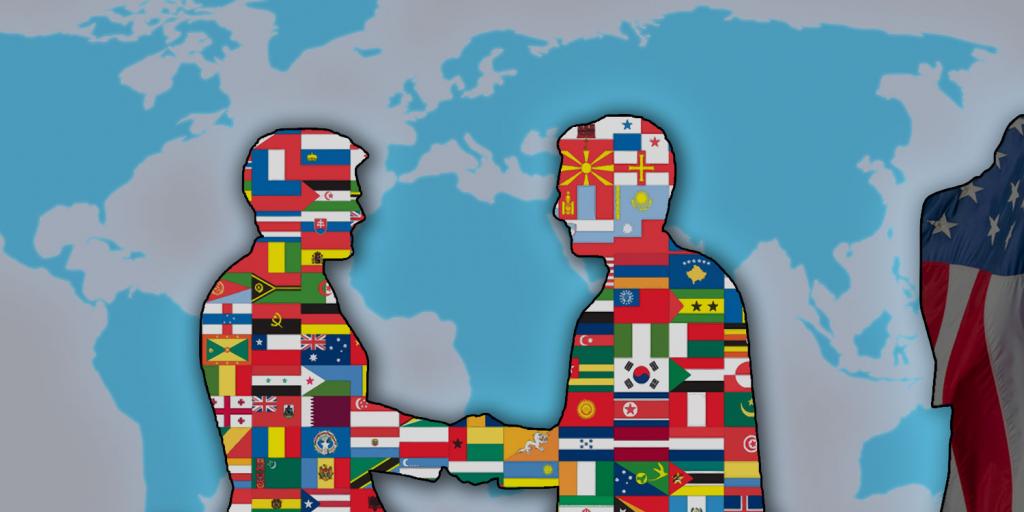Origins and History of International Trade
 Aaron Afilalo
Aaron AfilaloTable of contents

We all know the benefits that come from international trade, but not many are aware how it all began. In this article, Aaron Afilalo, a respected scholar and professor of law, explains the origins and history of international trade.
Since there are records of economic activity, people have shown interest in exchanges. The history of international trade dates back to the time when people used barter as a system of exchange, more than 10,000 years ago.
Back then, people exchanged their goods based on what they produced and what they were interested in getting. Initially, these exchanges were only practiced between members of the same group or people.
With the passing of the years and the development of civilizations, trade began to spread. Therefore, if previously the trade was only between producers from the same region, then it was carried out between people from the same region. From the regions, the trade spread to the regions, reaching the point that it ended up becoming what is currently known as international trade.
Towards the end of the 16th century, the British East Isles Company, created in 1599, was already marketing its products with other companies around the world. By marketing its products, including cotton, dyes and spices, the company soon became the most important in the world in terms of international trade. Shortly after, the Scottish philosopher and economist Adam Smith laid out his reasons why international trade was fundamental to the economic development of nations.
However, even with all this, international trade exchanges were not consolidated until the end of the 20th century. This contributed to faster and more efficient development, the evolution of finance, legislation, transportation and technology.
Subscribe to my newsletter
Read articles from Aaron Afilalo directly inside your inbox. Subscribe to the newsletter, and don't miss out.
Written by

Aaron Afilalo
Aaron Afilalo
Aaron Afilalo obtained his Juris Doctor from Boston University School of Law and his LL.M. from Harvard Law School, where he specialized in international law. He specializes in international trade law, business transactions, and contracts. A key interest of his is the treatment of intellectual property in free trade zones, the elimination of non-tariff trade barriers, the judicial remedy system of the European Union, and international investment protection rules. Afilalo worked as a law clerk for Chief Justice Paul J. Liacos of the Supreme Judicial Court of Massachusetts. For several years, he practiced law in New York City, focusing on cross-border financial and commercial transactions between Europe and the United States, as well as intellectual property law. In addition to practicing law, he taught courses in international trade and intellectual property at Suffolk Law School in Boston and taught legal writing at Harvard Law School. For one year before joining Rutgers-Campden faculty, he was the Croft Assistant Professor of Law and International Studies at the University of Mississippi School of Law, teaching courses on European Union law, public and private international law, and banking law. In his current position, Aaron Afilalo is a Professor of Law at Rutgers Law School. Among the courses Professor Afilalo teaches are international trade law, international business transactions, and contracts. The treatment of intellectual property in free trade areas, the law governing the elimination of non-tariff trade barriers, the judicial remedies system of the European Union, and the protection of cross-border investment are among his scholarly interests.